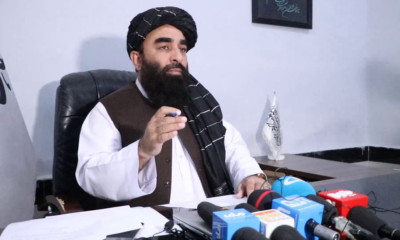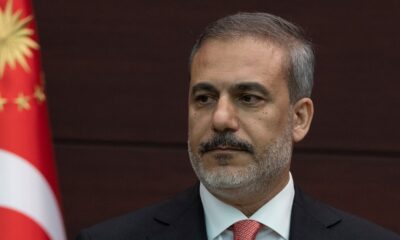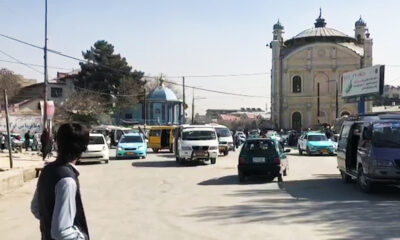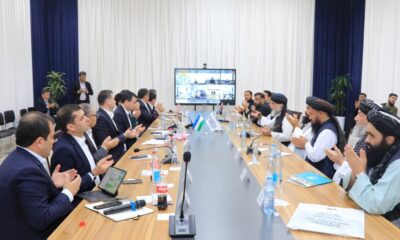Latest News
US troops in Afghanistan number 1,000 more than disclosed
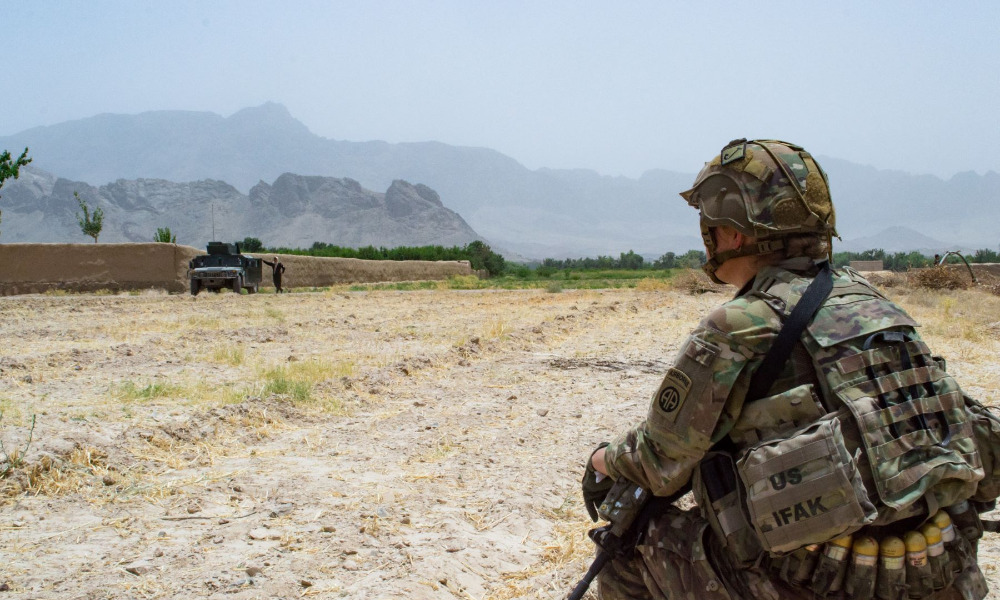
As US President Joe Biden’s administration wrestles with whether to extend troop presence in Afghanistan or withdraw by May 1 as per the deal with the Taliban, officials have said there are in fact more American troops on the ground than the reported 2,500.
According to the New York Times, officials, both American and Afghan, have said the number is actually around 3,500. That’s 1,000 more than Washington has disclosed.
According to the Times, the “cloudy accounting” around troops numbers results from some Special Forces units having been put “off the books”.
According to a senior US official, the presence of some temporary and transitioning units also accounted for the additional troops.
A second official told the Times that these troops include Joint Special Operations Command units, some of them elite Army Rangers, who work under both the Pentagon and the CIA while deployed to Afghanistan.
Having more troops in a country than the Defense Department officially acknowledges is common practice, the Times reported.
According to the report, the United States often details military troops to the CIA or other agencies, declares that information “classified” and refuses to publicly acknowledge their presence.
The Times reported that as a result of this practice, last year, as former President Donald Trump pushed for rapid troop withdrawals from Afghanistan, the Defense Department and other national security agencies used familiar methods to move numbers around, which made troop levels seem to be dropping faster than they really were.
It was comparable to what happened in 2019, when Trump wanted to pull forces from Syria, U.S. officials said.
The Times reported that the Obama administration used similar tactics, under the bureaucratic term “force management levels,” which resulted in more troops in war zones with little public oversight.
“We’ve seen this movie before,” said Laurel E. Miller, a former top State Department official who worked on Afghanistan and Pakistan diplomacy for former President Barack Obama and for Trump, the Times reported.
“To some extent, the fudging of the numbers reflects the arbitrariness of political fixation on declaring specific numbers.”
The report stated that officially, the Pentagon insists that troop numbers are lower. “We are still at 2,500” in Afghanistan, Maj. Rob Lodewick, a Pentagon spokesman, said in an email to The New York Times on Friday.
Latest News
IEA: Special circle in Pakistan has launched mission to destabilize region
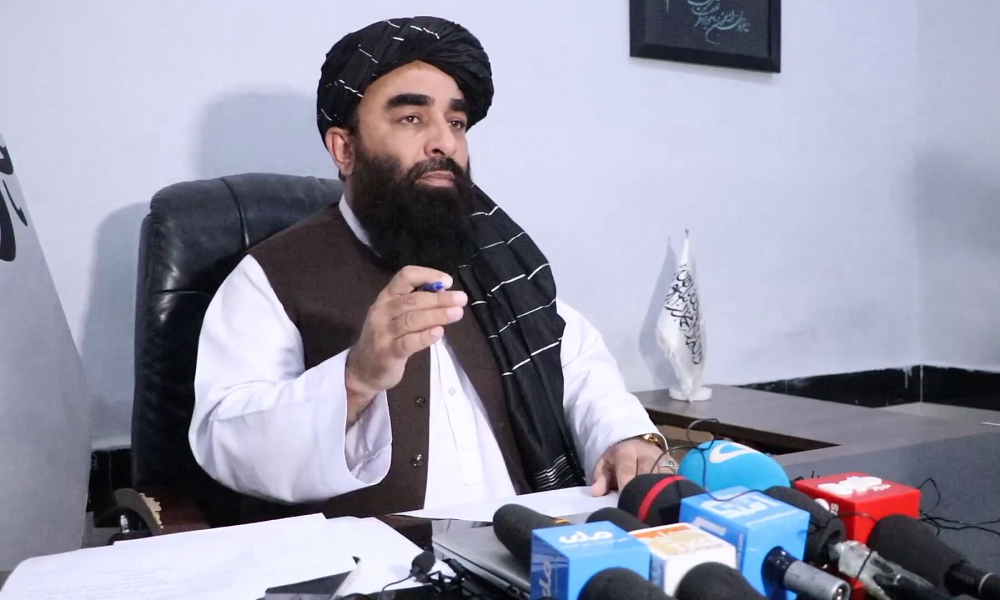
The spokesperson of the Islamic Emirate of Afghanistan, Zabihullah Mujahid, says that a special circle in Pakistan has launched a mission to destabilize the region following the recent escalation of conflicts between the two countries.
Speaking at a press conference in Kandahar province on Friday, Mujahid urged regional countries to put a stop to the “troublemakers.”
Mujahid stated that Afghan air forces had precisely targeted Pakistani military centers.
In response to a question about what position the Islamic Emirate would take if regional countries called for a halt to the war, he said that the Islamic Emirate seeks a peaceful resolution of issues and that they have previously held several rounds of negotiations and discussed the matters; however, the Pakistani side has not been prepared to resolve the issues through peaceful dialogue.
The spokesperson of the Islamic Emirate emphasized that the Pakistani side consistently attempts to fabricate pretexts for war and links its internal issues to Afghanistan.
Mujahid further stated that Pakistani aircraft are still patrolling Afghanistan’s airspace.
Last night, following retaliatory attacks by Afghan forces on Pakistani military facilities across the Durand Line, Pakistan’s military regime carried out airstrikes on locations in three Afghan provinces.
Mujahid confirmed that Pakistani forces bombed certain areas in Kabul, Kandahar, and Paktia.
He added that during the fighting that began Friday night, 13 Afghan soldiers were “martyred” and 22 others were wounded.
The Islamic Emirate of Afghanistan described the operation as retaliation for Pakistan’s previous attacks in Nangarhar and Paktika earlier this week.
The Afghan Ministry of National Defense also announced that in these clashes, Afghan forces killed 55 Pakistani soldiers, captured several others, and seized two military headquarters along with 19 security posts.
Latest News
Turkey launches initiative to diffuse Afghanistan-Pakistan tension
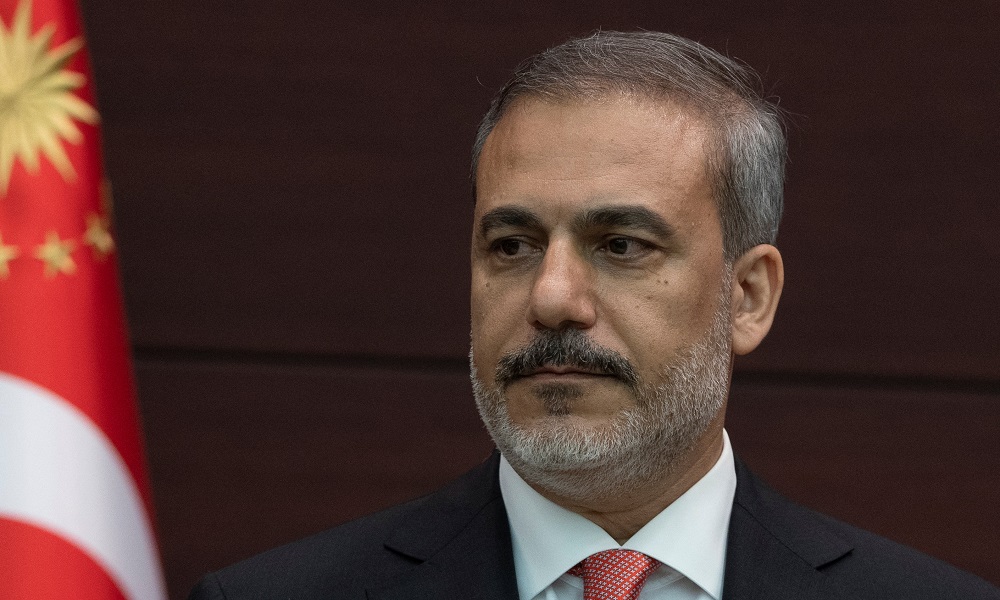
Turkish Foreign Minister Hakan Fidan on Friday exchanged phone conversations with both Afghan and Pakistani top diplomats as well as other regional prominent actors amid growing tension between the two neighboring countries.
Fidan spoke on the phone with Afghan Foreign Minister Amir Khan Muttaqi and Pakistani Foreign Minister Mohammed Ishaq Dar, Turkish media reported citing sources.
The initiative came after the two countries attacked each other.
Turkish media reported that Fidan also spoke with Qatari Foreign Minister Sheikh Mohammed bin Abdurrahman Al Thani and Saudi Foreign Minister Prince Faisal bin Farhan to discuss the recent developments between Afghanistan and Pakistan.
Latest News
Afghan Air Force conducts airstrikes in Islamabad, other cities
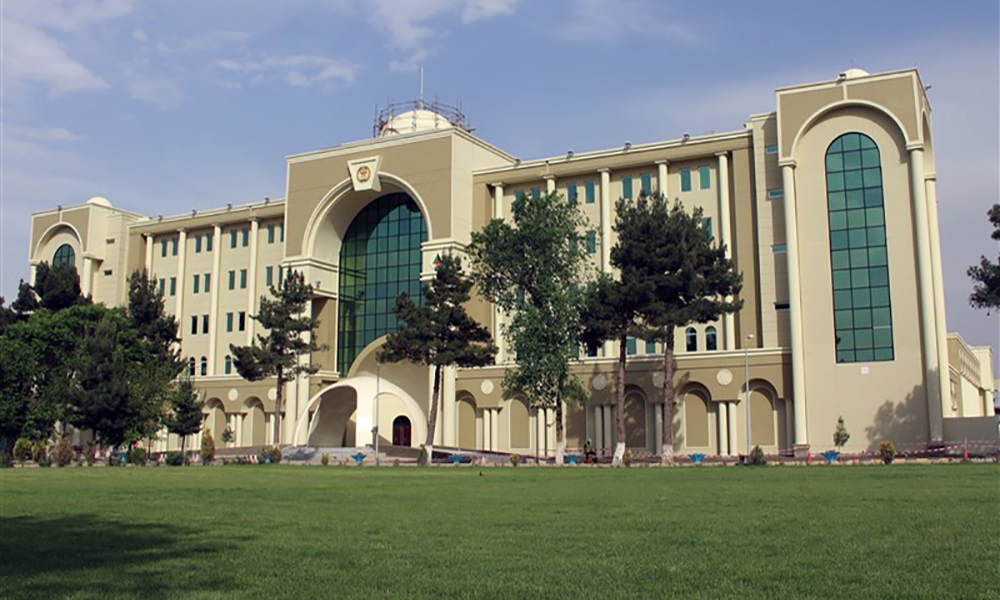
Afghan Air Force conducted airstrikes against Pakistani military targets in Islamabad and other cities on Friday, Afghanistan’s Ministry of National Defense said.
The strikes were carried out at 11:00a.m. near Faizabad in Islamabad, targeting a military camp, the Nowshera Cantt, Jamrud Military Colony, and Abottabad.
According to the Ministry, the operations successfully hit key military sites, centers, and facilities. The strikes were conducted in response to Pakistani military air raids carried out last night in Kabul, Kandahar, and Paktia.
-

 Latest News5 days ago
Latest News5 days agoRussia estimates up to 23,000 terrorists present in Afghanistan
-

 Latest News4 days ago
Latest News4 days agoIEA rejects Russia’s claims of foreign militants in Afghanistan
-
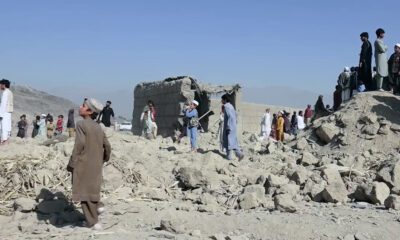
 Latest News4 days ago
Latest News4 days agoUNAMA reports civilian casualties from Pakistani airstrikes in Afghanistan
-

 International Sports4 days ago
International Sports4 days agoAFC Champions League Elite gears up for Round of 16 as league stage concludes
-

 Sport3 days ago
Sport3 days agoRichard Pybus appointed as head coach of Afghanistan’s national cricket team
-
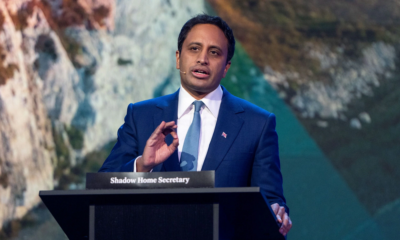
 Latest News5 days ago
Latest News5 days agoUK’s Reform party pledges visa ban affecting Afghanistan and five other states
-
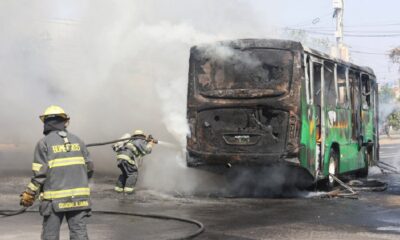
 World5 days ago
World5 days agoMexican military kills cartel boss ‘El Mencho’ in US-backed raid
-

 World2 days ago
World2 days agoIndia’s Modi backs Israel in address at Israeli parliament


